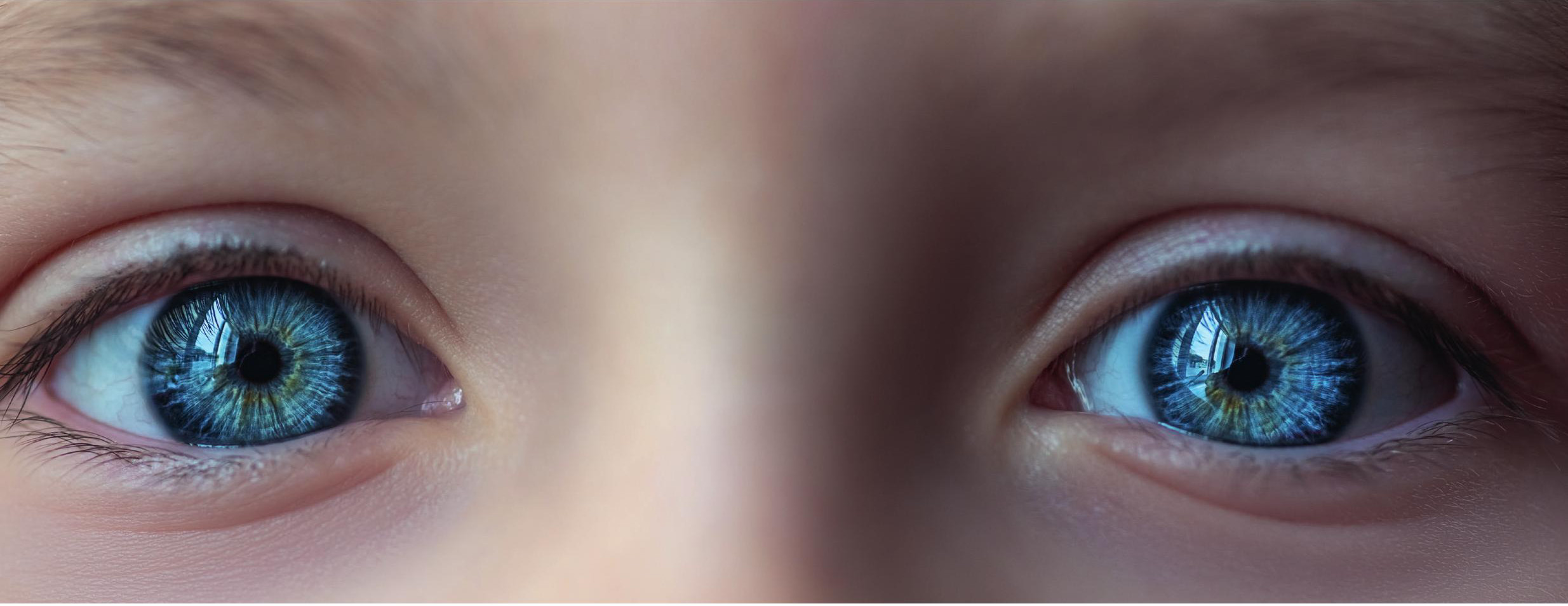
In 2000, Stephen Jay Gould announced with some confidence ‘there’s been no biological change in humans in 40,000 or 50,000 years’. Most evolutionists at the time agreed with Gould in assuming that, once we had taken control of our environment, we were no longer subject to natural selection.
This appears to make sense when you think about Darwin’s main evolutionary mechanism, where slow incremental genetic changes occur over thousands of years in response to changes in the environment (see Box 1). This clearly works for other species, but once we had invented fire, tools, robust shelter and, later, agriculture, surely the environment no longer decided which of us lived to pass on our genes and which of us were winnowed out by the forces of nature? Biological evolution had now given way to cultural revolution. Or had it?
Your organisation does not have access to this article.
Sign up today to give your students the edge they need to achieve their best grades with subject expertise
Subscribe




